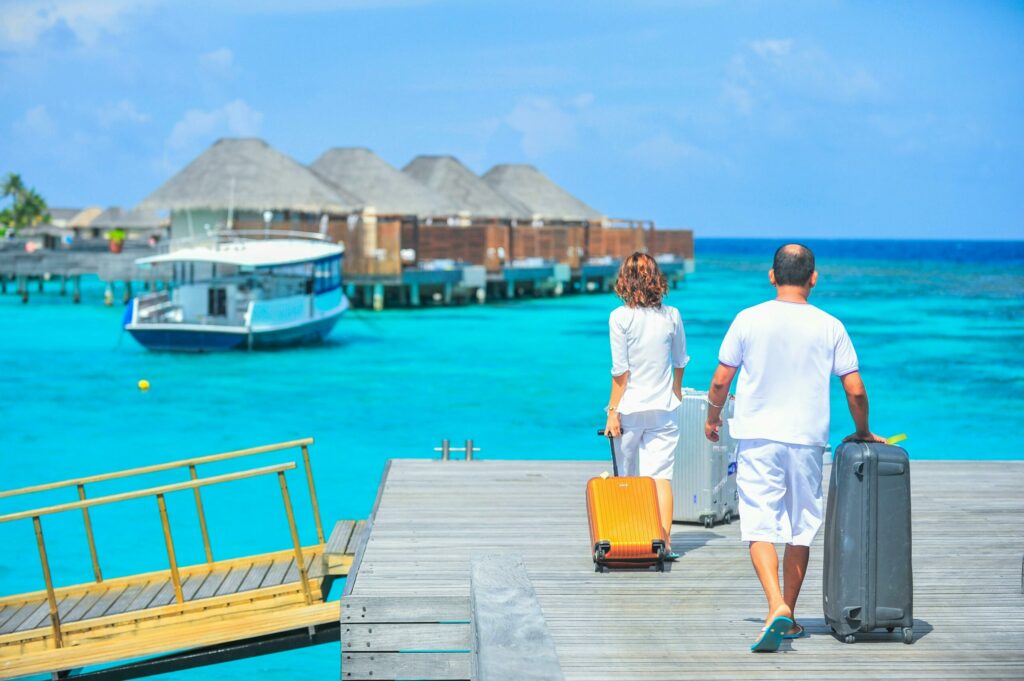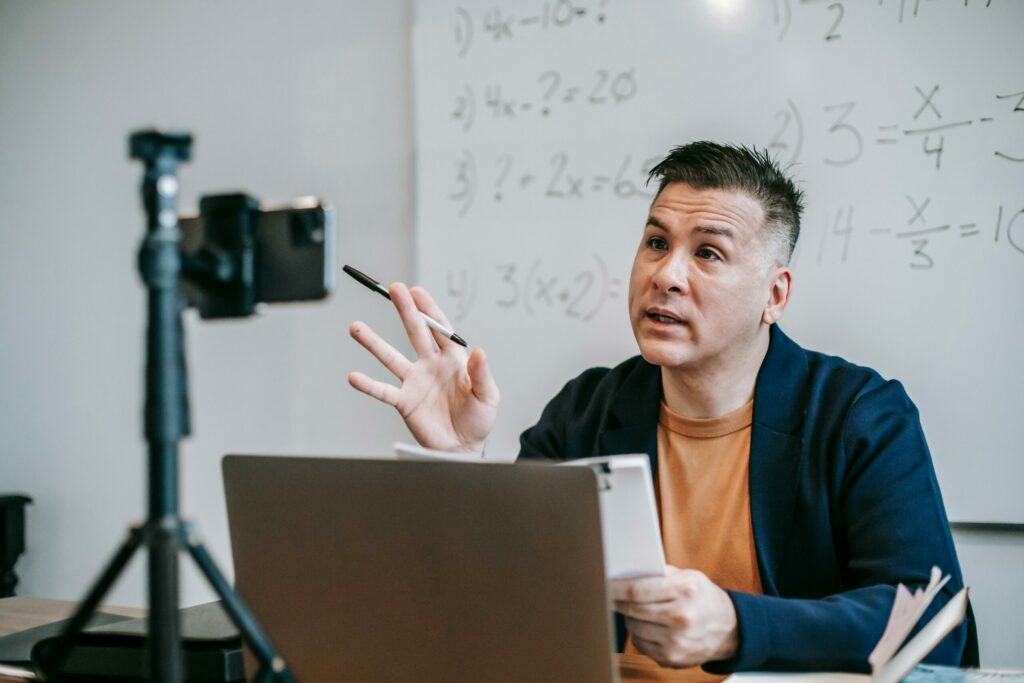Overview
The Arctic was not only a physical challenge, it was also a deep and introspective journey. As I walked through frozen landscapes and faced the raw power of nature, I began to see myself and the world differently. Every step, every challenge in the icy wilderness seemed to reframe my perspective on life and career. I realized that adventure is not just about exploration or thrilling experiences, but also about breaking out of routine and accepting growth even when it’s uncomfortable or uncertain.
The science behind adventure and personal development
Adventure, as Harari suggests, is fundamentally linked to human evolution. The first men were driven by curiosity, a trait that helped us adapt, survive and thrive. Our ancestors were not confined to comfortable routines – they explored, took risks and learned from the unknown. This innate desire to seek new experiences is still present today, and it has profound implications for personal development and professional development.
Studies have shown that adventurous activities, especially those that challenge us physically and mentally, can increase resilience and problem-solving abilities. Adventure exposes us to new environments, forcing us to adapt and innovate, which is at the heart of creativity and leadership in the workplace (Hamann & Ivtzan, 2016). In addition, these experiments trigger the release of dopamine, the wellness neurotransmitter that not only boosts our mood but also strengthens our willingness to go further, push ourselves beyond limits and seek new opportunities (Joseph, 2024).
Adventure coaching: a path to empowerment
This exploration of adventure has led me to reflect on how others could use adventure as a tool for growth, both personally and professionally. I quickly realized that adventure is not only a way to transform, but also a powerful tool to guide others. Adventure coaching, which combines physical challenges and personal thinking, helps individuals build resilience, improve their self-knowledge and discover deeper perspectives on their lives and careers.
The concept of adventure coaching resonates deeply with Harari’s findings, which states that humans are wired for exploration and risk-taking. Adventure coaching builds on this primary instinct, using real-world challenges to drive transformation. Whether it’s guiding someone on a physically demanding hike or encouraging them to take bold professional risks, adventure coaching offers a unique space where individuals can face their fears, Gain clarity and redefine their personal and professional goals (Swatton & Potter, 1998).
The best waste principle
One of the main conclusions I have drawn from my own experience in the Arctic, and which Harari addresses in his exploration of human history, is that growth is often the result of disorder. Life and adventure are rarely well-ordered, but in fact it is in chaos – the detours and unexpected challenges – that we truly evolve. Whether in the great outdoors or in a high-pressure working environment, uncertainty drives us to grow. Adventure requires us to overcome discomfort, accept change and adjust our approach. This messy process is a critical part of becoming better.
As Harari points out, risk-taking was a survival mechanism. Today, taking calculated risks is still essential to progress, whether in the wild or in the meeting room. The best mess is when we allow ourselves to explore new and unknown paths, even if they are not always easy. It’s progress, not perfection.
Reflections on life and career in everyday life
As I reflect on my daily life and career after returning from the Arctic, I realize how much adventure – both literally and figuratively – has reshaped my approach to challenges. In our daily routine, it is easy to fall into patterns that seem safe and predictable. Yet, as Harari and countless studies suggest, true growth occurs in the unknown. Adventure is not just a one-time experience; it’s a mindset that can apply to everything we do. Whether it’s a new project, new skills or taking on a career risk, adventure is about rethinking how we approach barriers.
Adventure is not only a physical journey, it is also a mental and emotional exploration. By rising to challenges, stepping out of our comfort zones and facing the unknown, we can accelerate our personal growth and improve our careers. The lessons I have learned from the Arctic apply to my professional life as well as my personal. It is not about avoiding risk, but about accepting it with determination, allowing it to guide us towards a better understanding, greater fulfillment and greater success.
Conclusion
Ultimately, the teachings of Sapiens and my own journey through the Arctic reinforce the power of adventure as a catalyst for growth. Both personally and professionally, adventure drives us to evolve, learn and thrive. As we move through our careers and lives, embracing the unknown and taking on new challenges allows us to build resilience, sharpen creativity and find deeper meaning in our work. Adventure can be messy, but it is through disorder that we become better, more capable versions of ourselves. As you reflect on your own journey, think about how adventure – whether it’s travel, work or personal development – can reshape your perspective and help you take the next step toward success. Did you have an adventure that changed your vision of life or career? I would like to know your opinion in the comments below.
References
- Hamann, KRS, & Ivtzan, I. (2016). 30‐minutes in nature: A nature exposure pilot program. International Journal of Environmental Health Research, 26(5–6), 510–528.
- Joseph, A. (2024). Why do we have a sense of adventure? Exploring the psychological and evolutionary factors driving the pursuit of new experiences. Scientific Origin.
- Swatton, R., & Potter, C. (1998). The wilderness solo experience: A unique practice of silence and solitude for personal growth. Frontiers in Psychology.
Author of the article
Bharath Mohan




